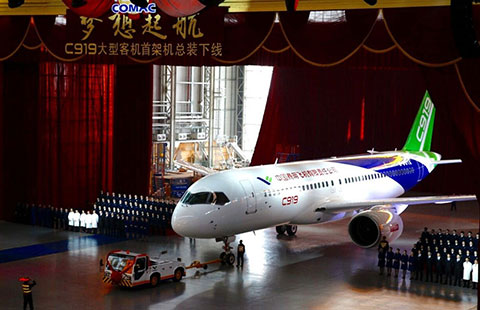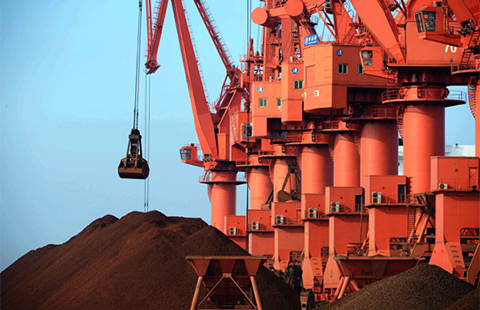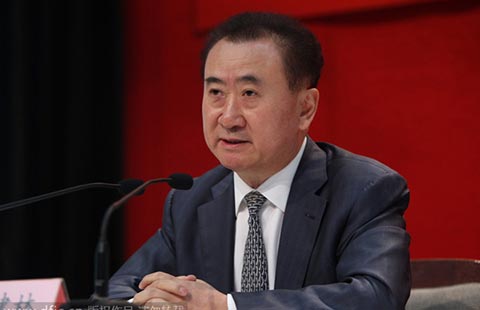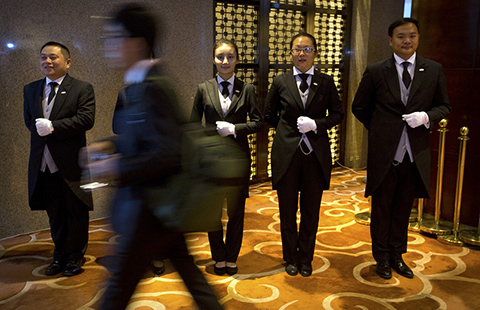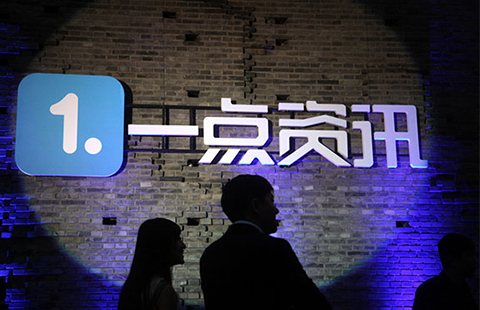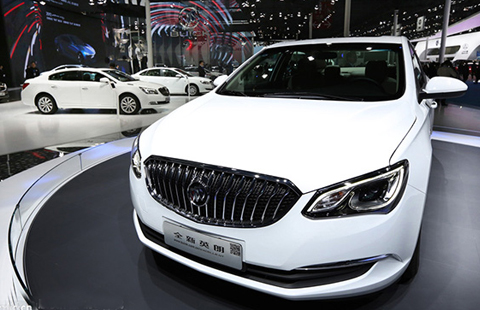Otis affirms commitment to China’s growth with sustainable solutions
By Wang Hongyi (chinadaily.com.cn) Updated: 2015-11-03 13:42
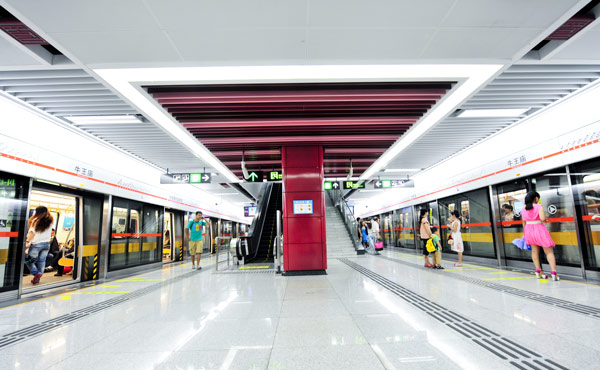 |
|
Chengdu Metro Line, where Otis was selected to provide 133 elevators and escalators for the new circular Line 7. [Photo provided to chinadaily.com.cn] |
Otis Elevator, a world-leading manufacturer of elevators and escalators, has reiterated its commitment to China.
The company's global president has pledged to increase investment in innovation and service in China to support continuing demand for transport infrastructure and high-rise buildings brought about by accelerating urbanization.
 |
|
Philippe Delpech, president of Otis Elevator.[Photo provided to chinadaily.com.cn] |
"Despite the global economic slowdown, China remains the world's largest market for new elevator sales and a global epicenter of the high-rise building boom," said Otis president Philippe Delpech during a recent visit to China.
China has more elevators and escalators than any other country. According to the China Elevator Association, about 3.6 million elevators and escalators were in service across the nation by the end of 2014.
"Against the backdrop of China's ‘new normal' of growth, Otis sees good growth potential in major infrastructure projects like airports, high-speed rail and metro networks and residential developments, especially in second and third-tier cities," Delpech said. "Urbanization is the growth engine for these key sectors."
Government statistics reveal that more than half of China's population now lives in cities, compared to 18 percent in the 1970s. In the next 15 years, 300 million people in China are expected to move to a city, the equivalent of almost the entire population of the United States.
Urbanization drives demand for elevators and escalators to move people safely and efficiently, especially in urban communities and transportation hubs. The construction of high-rise buildings and major infrastructure projects, such as airports and high-speed rail and metro networks, also sparks innovation based on the market's need for new elevator and escalator solutions.
"Otis has been part of China's urban growth and economic development for many decades. With rising urbanization and higher customer expectations for quality, safety and energy saving, we will now accelerate product and technology development in China by increasing our investment in innovation and engineering here," Delpech said.
Smart elevators
By leveraging the latest digital technologies, Otis is developing smart elevators that enhance the passenger experience and improve building efficiency.
For example, advanced digital controllers ensure a smooth ride and optimize performance to save energy. Furthermore, Otis e-call lets passengers summon an elevator from mobile devices, personalizing the in-car experience. The integration of video and elevator technologies enables smart elevator management to reduce passenger waiting time, thereby making elevator operations more efficient.
Alongside technology enhancement, improvements in elevator service have the potential to significantly enhance quality and safety for passengers and also protect building owners' investment, Delpech said.
China currently has about 4 million elevator installations, many of which are serviced by independent providers that vary greatly in quality. It is common for customers to select a service provider on price, without demanding quality assurances.
According to recent industry studies, 84 percent of elevator incidents are caused by improper installation and maintenance.
With quality service support being a major challenge in the elevator and escalator market, Otis is collaborating with government authorities to help enhance service quality in China. At the same time, Otis has seen its service business grow by about 20 percent in the past few years and expects annual growth at a similar level in the near future.
"We anticipate adding 1,000 to 1,500 additional mechanics per year to satisfy increasing demand in China," Delpech said.
- China should participate in TPP negotiations, say executives
- Start-up creates learning app for the Asian hospitality industry
- Low credit costs boost China business sentiment: report
- Domestic airplane makes its debut
- New plane seen boosting Chinese aviation industry
- HSBC plans JV with Shenzhen Qianhai
- Equities decline on weak factory data
- Over 40% of China's online sales counterfeit, shoddy: Xinhua
